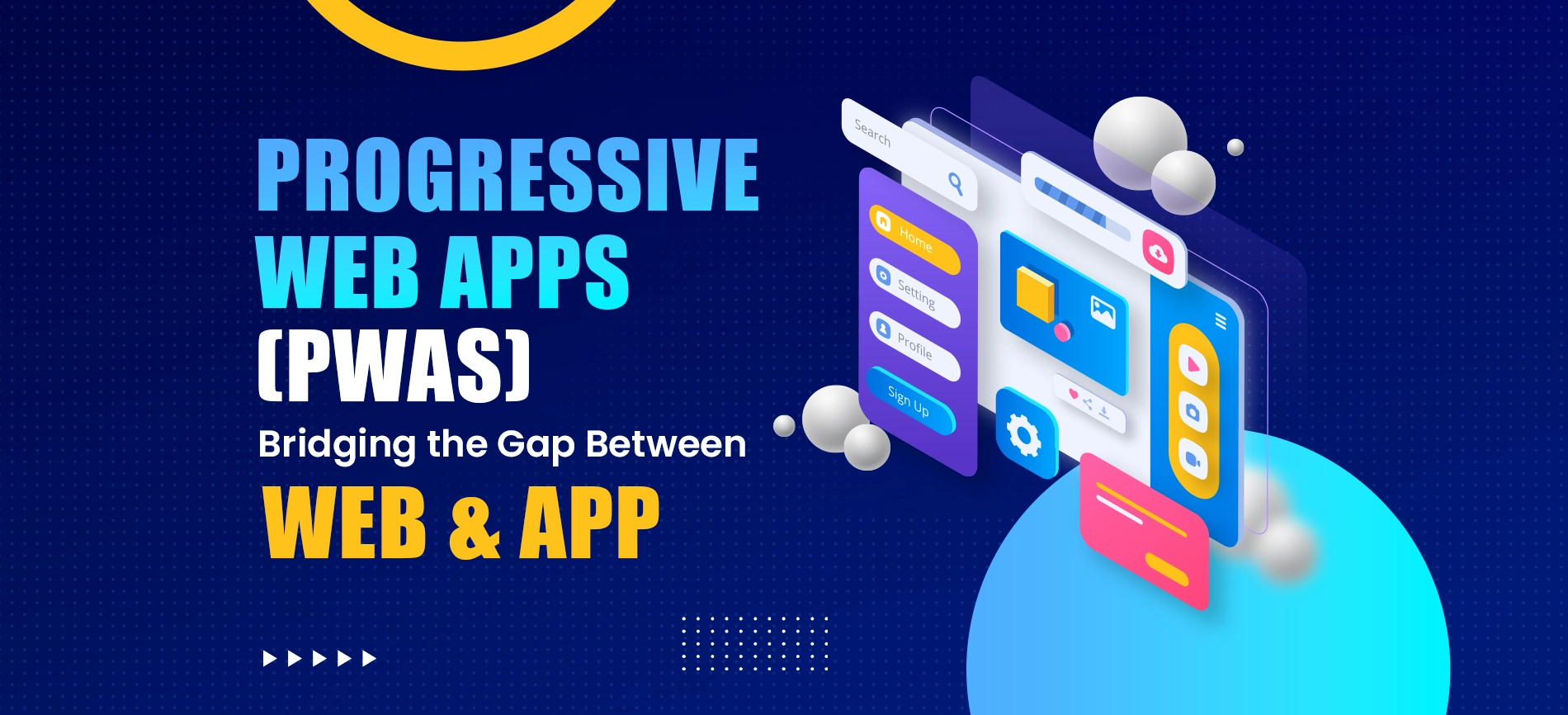Fintech is used as a short form for financial technology. When we talk about fintech, we talk about many things, including software, applications, and algorithms. Fintech platforms facilitate different types of financial transactions, including depositing checks, paying bills, and moving money between other accounts. Many businesses rely upon fintech for payment processing, accounting, and e-commerce transactions. The number of such companies is increasing every day. With the growth in the number of customers, fintech companies started facing different challenges. As a result, the requirements for fintech applications have evolved. Nevertheless, some conditions are going to remain evergreen.
- Security against the technologically advanced cyber crimes
- Robust framework to manage trillions of transactions across the globe
- Data management system
- User-friendly display
The fintech applications need a language that provides solutions for all the requirements. As a result, Java is becoming an integral part of the fintech industry. It offers security, portability, performance, multitasking, data management, and everything else a fintech application requires.
Let us see some of the significant ways Java-based applications are transforming the fintech industry.
1. High Security
High security to stop data breaches and identity thefts has been a constant concern for the Fintech sector. The digital environment allows fintech companies to achieve the desired security against various cyber crimes. These companies can hire java developers to develop fintech applications. The java components have been designed to restrict faulty data access with numerous safety features. The fintech banking companies are choosing Java as the application development framework owing to its security features that can seamlessly integrate with AI systems. These systems are used to make sophisticated decisions in fraud detection and manage it consistently with the required algorithms.
2. Efficient data management
Fintech involves massive data generated every day in trading, investment, and transactions. The Fintech banks and companies are leveraging JAVA and its capabilities to process this enormous amount of data in a short period. These firms can hire Java developers to create prediction models and analytics tools. Another advantage comes from creating a scalable, robust, and user-friendly website ready to handle thousands of connections across the globe. A data-intensive financial project can use advanced technologies like Artificial Intelligence and Machine Learning for data collection and analytics.
3. Digital payments
Finance and payments go hand in hand. In combination with AI and ML, Java is helping the Fintech companies introduce digital payments, making every transaction hassle-free. In addition, Java can be used to develop mobile wallets for personal finance management. Users can use these applications to make smart decisions on investments and transactions.
4. Distributed computing
All the modern fintech programs have been created with a distributed environment. You can hire dedicated java developers to develop applications that support remote computing. Java has built-in networking capabilities, which help make distributed computing a success. Java can support multiple threads. You can use it across all the components, including processes, applications, and systems.
5. Higher customer satisfaction
With new customers being added to the network daily, customer handling and satisfaction are significant concerns for the fintech firms. Technology is only increasing the competition every day. Customer satisfaction is a distinguishing factor between the different fintech companies. These companies can hire remote java developers for chatbot development. These chatbot solutions can manage customer queries cost-effectively while considering the customers' interests. Digital solutions amplify the experience of tech-savvy customers. For example, banking companies can use Java-based chatbot applications to access different data associated with the customer. These data can be the CIBIL score, the number of credit cards, loan repayment habits, and many other things that enable companies to serve their customers more efficiently.
6. Cost-effective solutions
Java supports the fintech shift towards the cloud to save the expenditure on physical infrastructure. Using Java as the server-side programming language allows companies to access cloud computing. The regular updates in Java make it compatible with all the latest technologies, eliminating the need for any other development framework. Fintech firms can hire java developers to develop cloud-based applications with robust testing and seamless code deployment. Java suffices general requirements from security to scalability to rank as the top application development framework. Being open-source, Java is a cost-effective and productive choice.
Conclusion
Java offers the security and dependability required by any fintech firm to acquire customer trust. Java offers excellent corporate support with applications having multiple features. Any fintech firm can change its course of progress using Java-based programs and selecting Java Application Development. The cutting-edge competition is escalating the need for getting updated with a growing language like Java. Hire a Java developer today to create user-friendly and secure applications that help you boost your market position.
About Author
Subscribe to Our Newsletter!
Join us to stay updated with our latest blog updates, marketing tips, service tips, trends, news and announcements!




















